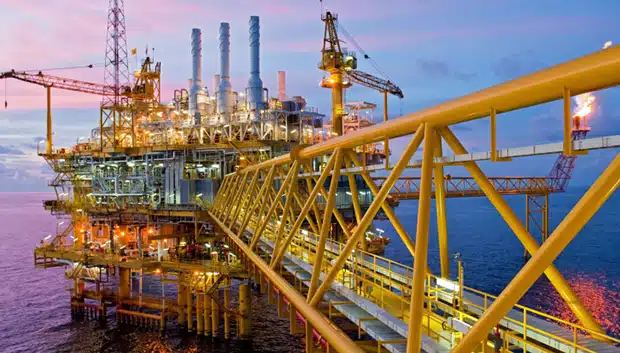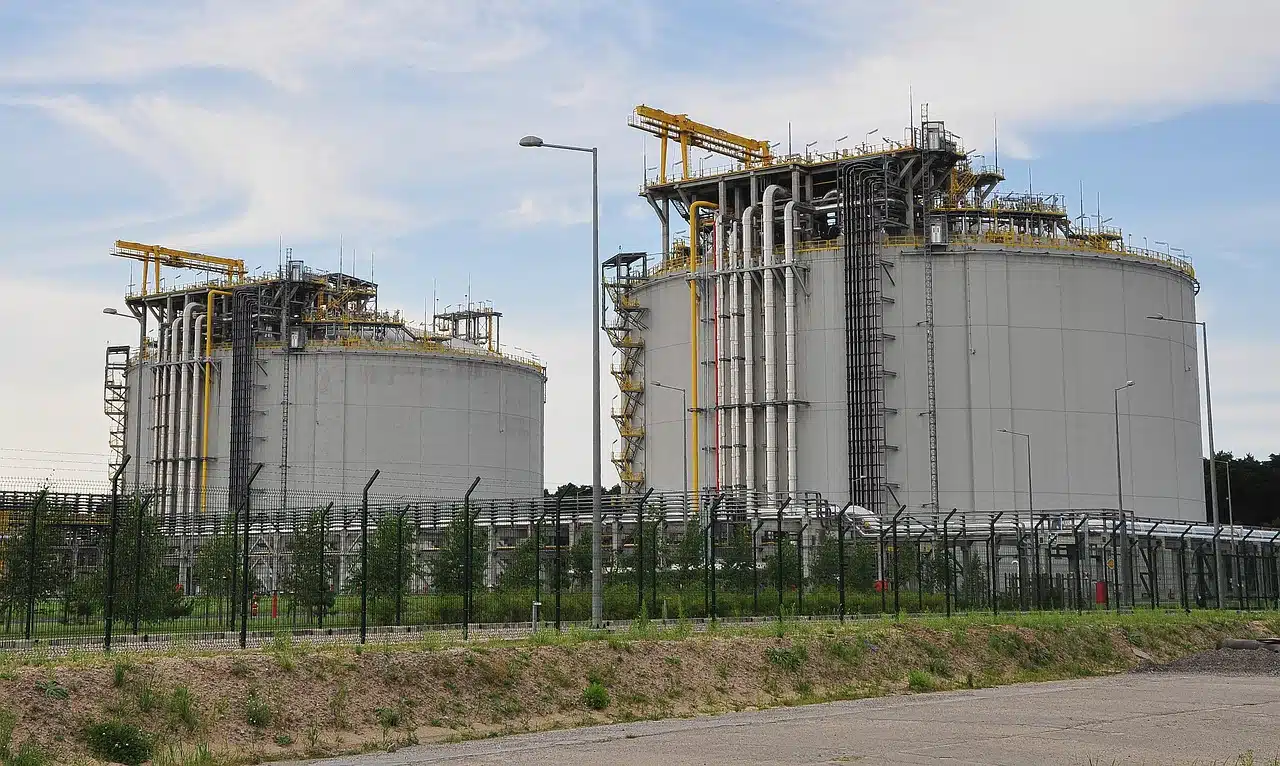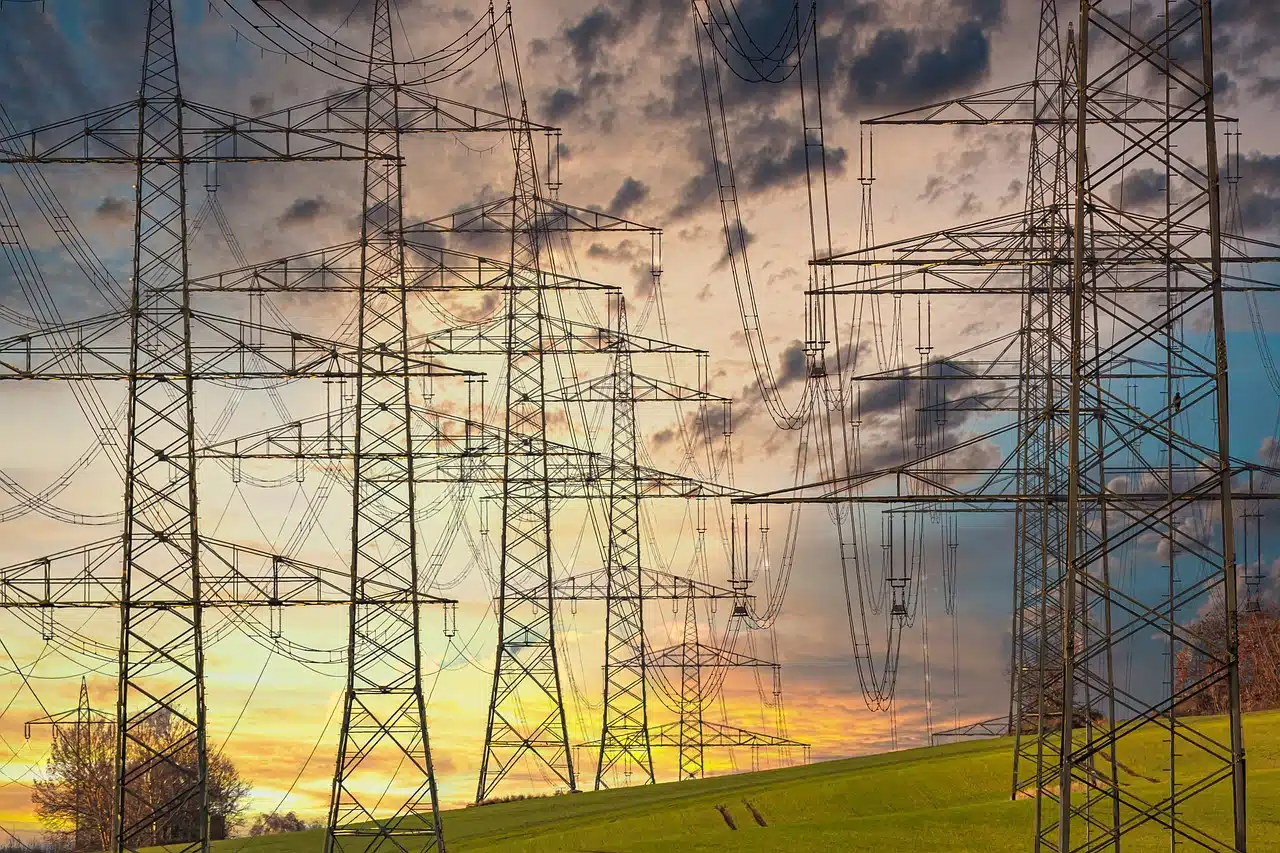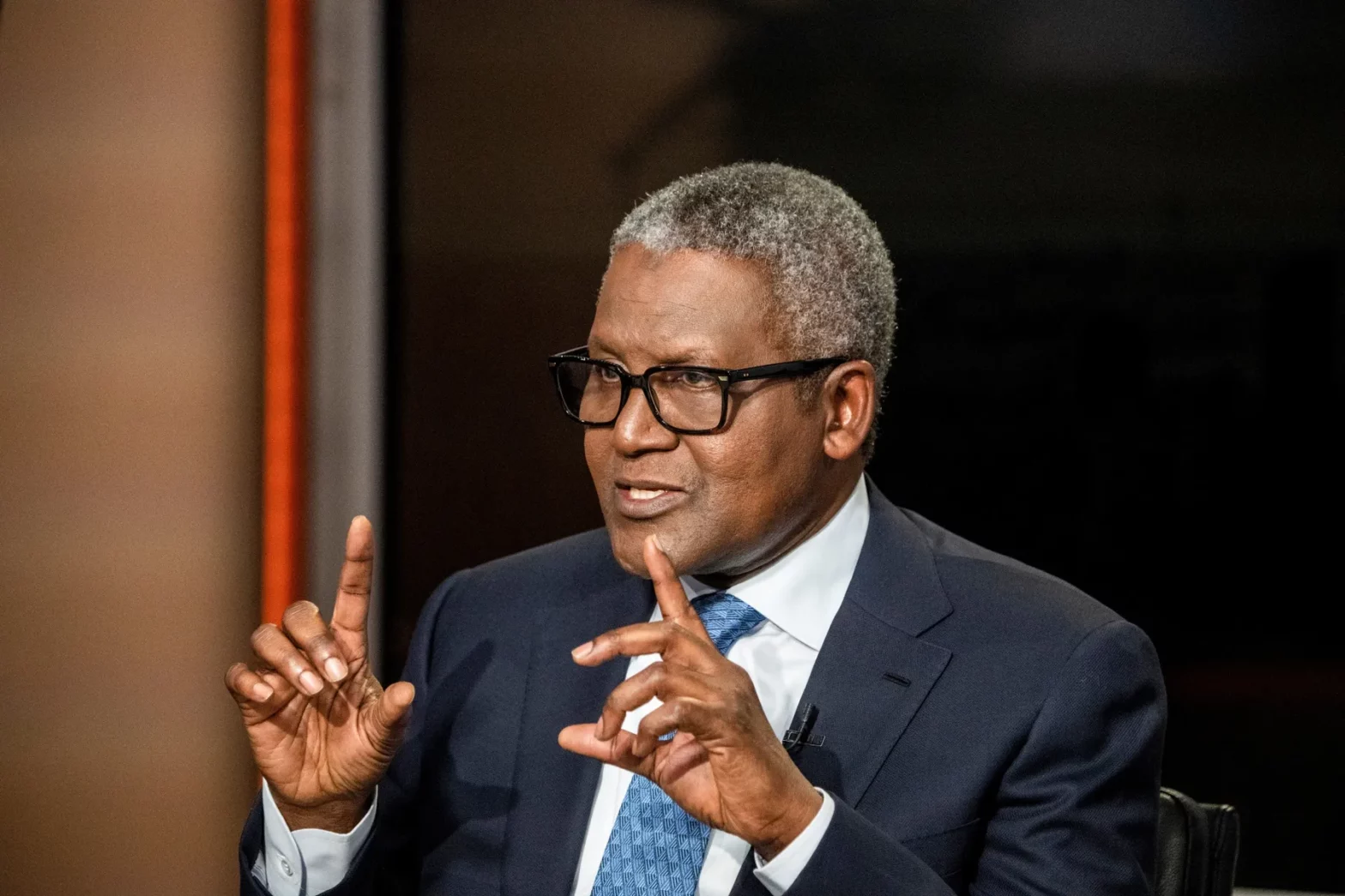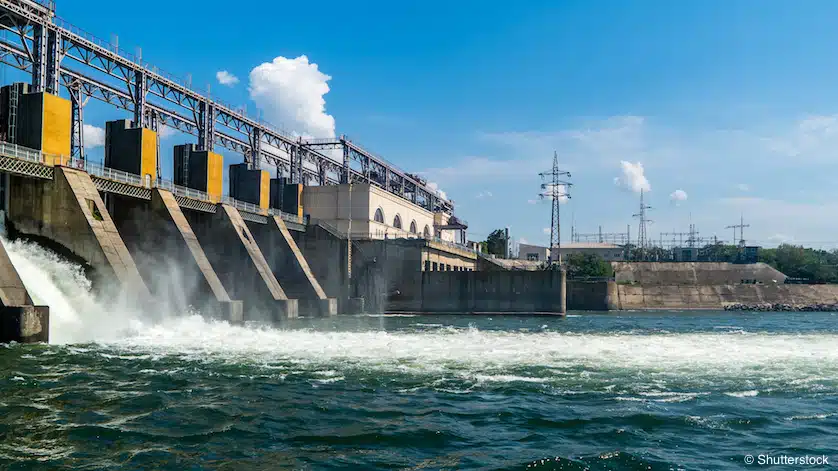The oil and gas market in Nigeria and other oil-rich African countries like Namibia, are positioned to benefit from the reignited interest from investors in deepwater operations around the world.
Nigeria, Africa’s largest crude oil producer, has endured decades of under-investment due to challenges like poor policy decisions, oil theft, and environmental issues.
The country, however, is attempting revive its oil and gas industries through policy-driven incentives for investment opportunities in its offshore and deep-water operations.
Its State Petroleum Minister (oil), Heineken Lokpobiri, explained that it will attract about $10 billion in investment through deepwater operations.
Oil giants showing interest in Nigerian offshore investments include ExxonMobil, which recently sold its onshore assets for $1.2 billion to Seplat Energy.
Other companies like TotalEnergies, Shell, and Eni are diversifying their portfolios by investing in deepwater projects while scaling back their activities in Nigeria’s struggling onshore fields.
Lokpobori said the government is “talking to a lot of the big investors who have always invested big in the country.”
The Minister added:
“We want to use this opportunity to call on the other international service companies to also come back. There is a new sheriff in town who is determined to do things differently,” while speaking on a potential $20 billion deal in the offshore environment in the country earlier in May.
Market Sentiment Backs Deep-water Investment
Moreover, the dominant market sentiment is swinging towards deep-water investment as many oil giants are scaling back operations from troubled onshore environment with renewed interest in exploration in places like Namibia, Guayan, among others.
According to a report by Oil Price, an American energy news outlet, deepwater oil exploration has been garnering growing attention among investors.
The report noted that this might be only the beginning of a new trend in oil exploration because the world will continue needing lots of oil for decades to come.
Big oil companies around the world are currently active in the deepwater exploration game, but the prize is worth it: hundreds of billions of dollars in oil and gas resources to be extracted from water depths of up to—and even over—2,000 meters, the report shows.
“Since 2015, according to Wood Mackenzie data, Big Oil has created more than $160 billion in new value from new field discoveries on the basis of a long-term price for Brent crude of a conservative $65 per barrel.
“Returns on a full-cycle basis since that year have consistently exceeded 10%, with the average calculated at 15%. Bad reputation is one thing, but investors tend to like the sound of double-digit returns. The oil industry may be in for a deepwater revival,” the report says.
Nigeria’s Renewed Effort towards Offshore Investment
On its part, Nigeria had struggled to leverage on the previous waves of investment in deepwater due to lack of comprehensive framework in policy, with the Petroleum Industry Act (PIA) taking over ten years to become a law.
The PIA was enacted in August 2021, aims to address these issues, though challenges persist.
According to President Tinubu’s energy adviser, Olu Verheijen, Nigeria has missed out on decades of offshore investment, with approximately $82 billion being diverted to other regions.
Verheijen noted that the government is now working to make Nigeria a competitive destination for such investments by introducing a policy framework offering tax exemptions and credits to oil companies funding similar projects.
She added that these measures are expected to unlock around $10 billion in investment opportunities in the near future.
“Since Nigeria’s last deepwater project – the Egina project – was approved in 2013, International Oil Companies operating in Nigeria have committed more than $82 billion in deepwater investments to other countries that they deem more competitive.
“Over the next few years, they plan to spend another $90 billion to develop deepwater oil and gas projects. This is the pool of funds that our reforms are targeting, and we intend to unlock between $5 billion to $10 billion of new investments in Nigeria in the near- to medium-term,” she said.
While some tax relief packages are approved through executive action, others require constitutional review to reform the country’s tax system.
The tax reform bills introduced by the presidential committee aim to address these and other issues but have faced political resistance, with some groups arguing that the reforms do not serve their interests.
With the bills in contention, Nigeria may miss out on the new round of investment boom in deep-water operation in the coming months.

